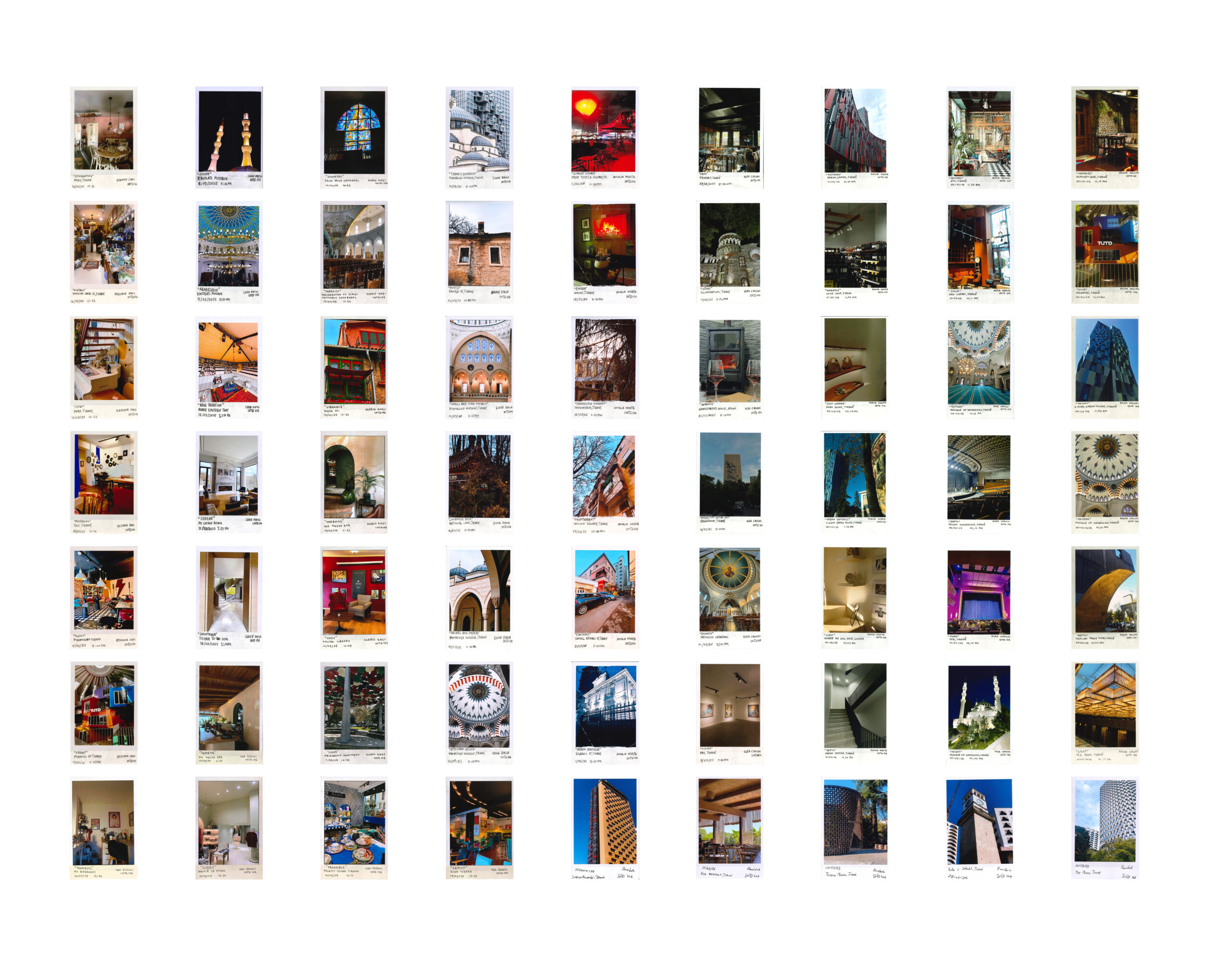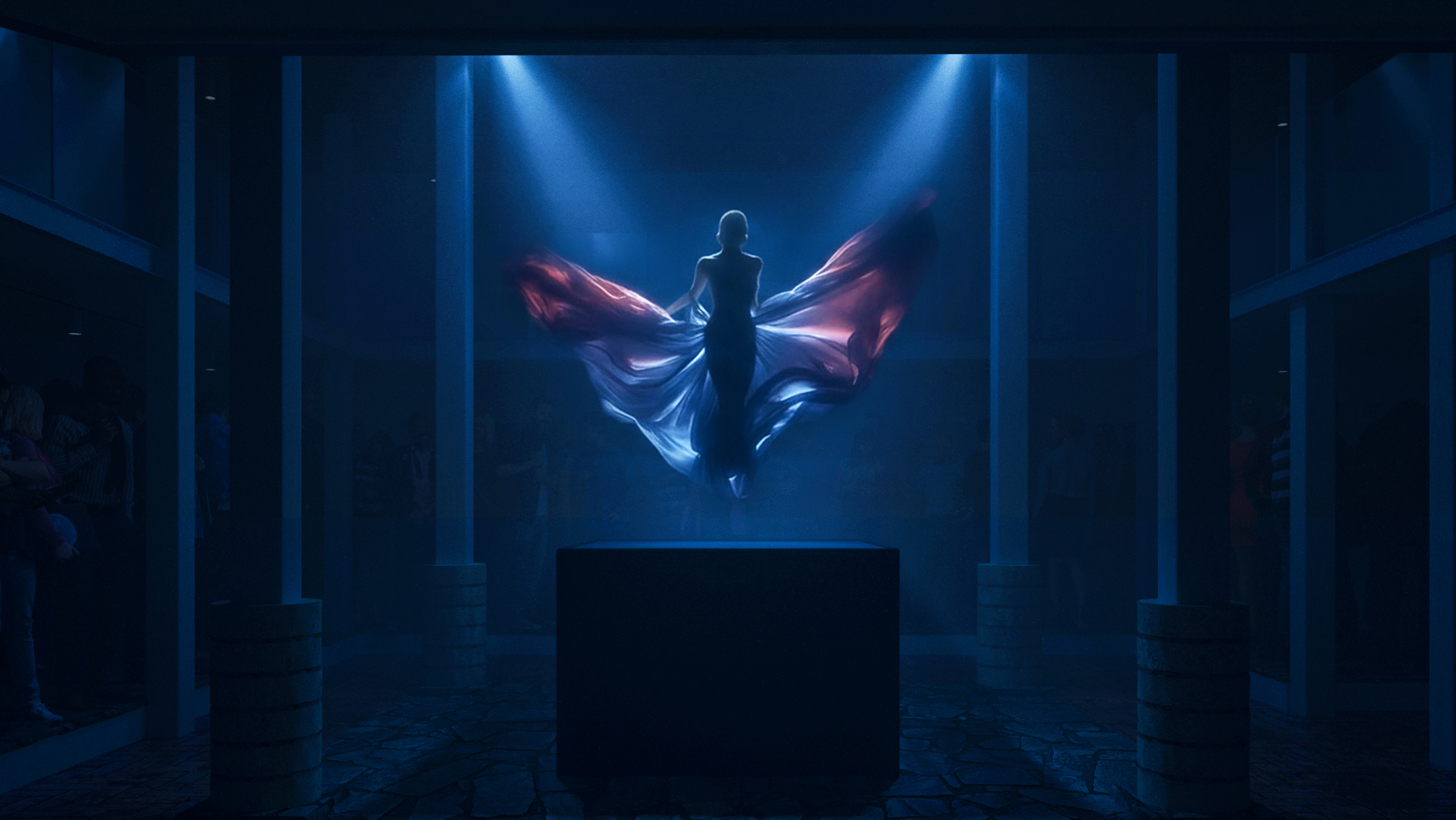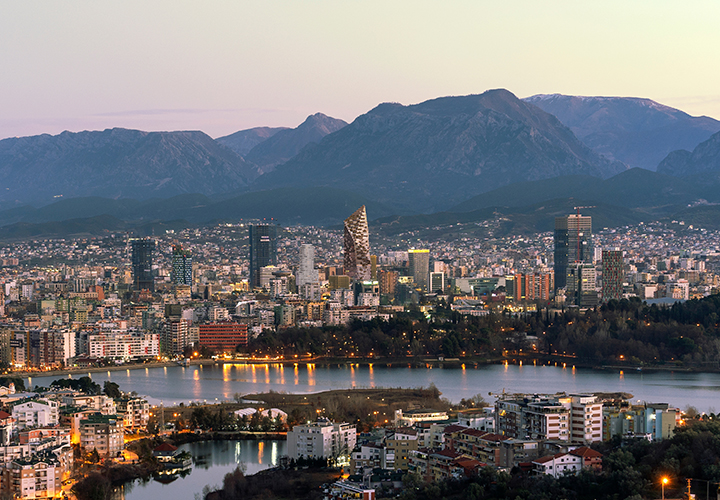Urban shadows of Tirana
Ark. Brunilda Basha
The reality in which we live, as a self-propelling force for unconscious actions, sweeps us away by activating all the necessary mechanisms to respond to it. It often astonishes us, hurts us, and provides us with impressions, emotions, and temporary or permanent feelings that leave visible traces. Humanity is an extraordinary phenomenon shaped by random or deliberate fragments within the entirety of life’s cosmology. Unconsciously, we connect early with the concept of expressing our inner side through words and the space surrounding us in those moments. Viewed through this lens, the “Human-City” relationship is precisely the binomial that interacts from birth until it completes its cycle. The city is where every event takes shape; it is where dynamics, drama, and tragedy occur, where mentality, society, art, culture, and the spirit we imbibe reside. The city is the very rhythm of life, the heartbeat’s ticking.
But what is the city?
“The city is a discourse, and this discourse is essentially a language: the city speaks to its inhabitants, we speak to our city, the city we inhabit, simply by living in it, traversing it, and observing it,” as Barthes would say.
So, it is Us.
Possibly, as the city with its pulsing arteries from every individual who breathes in it has been and is a reflection of our collective hopes and ambitions. Because the city goes beyond a collection of buildings and streets; it is a living organism created from the hopes, difficulties, and perseverance of its inhabitants, Us. Our lives are intertwined with the city’s stories, the sounds of the streets, the whispers of old buildings, and in contrast, the lively laughter in parks filled with children.
Diving into such thoughts, I find myself reflecting whenever we discuss the city, quality of life, or daily routines. As I navigate the concrete and absurd spaces of my city, hastily trying to complete the day’s commitments, yet something always remains for tomorrow, not because there is too much, but because my “city” complicates every step I take. I ask myself: Are we the ones who have shaped this city, or is it shaping us? Churchill and Gehl both affirm: Yes, we are the ones. All of us, as a collective with a brush in hand, have used this city’s canvas, each adding colors, scribbles, tales, and ideals. Consciously or unconsciously, we have given a certain form to this urban environment, imposing on those who come after us to “become what they see.” But is what we see real or surreal?
“First life, then spaces, then buildings – the opposite never works.” – Jan Gehl
On the screen appears Boeri’s concept of “Green Obsession” in renderings and diagrams of a city where life is paramount. In parallel, we witness the reality of a Tirana with heavy lungs, difficult breathing, urban chaos, irregularity, and minimal mobility.
Thus, despite the “grandeur” of this city showcased with skyscrapers and renderings, the city may present obstacles to personal interaction. Moreover, with its fast rhythm, the “modern” metropolis, and even more so Tirana, can alienate individuals.
When it fails to achieve and maintain the balance between the dynamics of activities and the human scale, it falters. This is how Tirana seems to have failed, as in Tirana, buildings come first, then spaces, and in the end, life itself!
Tirana has a “poetry.” But the poetry of this city does not speak of civilization, compassion, justice, or common welfare. In Tirana, there are no harmonious spaces, only physical spaces that force you to become alienated, to adapt in an ugly, harsh, and violent manner. Tirana can offer you everything except spiritual and mental peace. Neither organized social structure, responsibility, collective growth, nor mutual support exists.
We have overwhelmed Tirana—its cypress trees, parks, air, streets, markets, and past—with one word: all its values. We took everything it had, and in return, we offered only lifeless towers and smoky cars. And today, it is slowly engulfing us all, piece by piece, every day…

It is essential for human beings to engage in a meaningful dialogue with beauty, aesthetics, and the essence of life. From this perspective, architecture, alongside its theoretical and historical dimensions, should not be perceived as a distant relic or a static display locked within the confines of a museum, but must be understood as a …

This study explores the potential of adaptive reuse as a premier strategy for the reutilization of forgotten historic buildings, with a particular case study of the Bazaar Hammam – a 15th-century Ottoman bathhouse landmark in Elbasan city, Albania. The Hammam now stands in a situation of partial abandonment and partial use, reflective of the wider …


